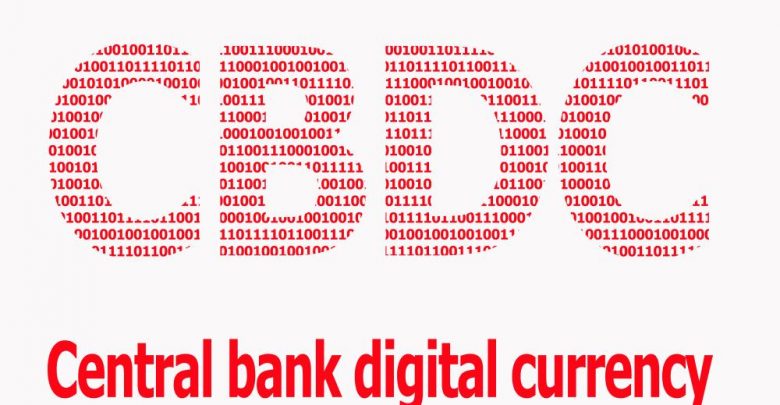Debates Arise Over The Design Of The Digital Yuan

Before now, China has been working on its digital currency for a long while, with the research into its feasibility taking up a larger part of the time. Putting it into numbers, the Peoples Bank of China set up the research wing of its bank in 2014. The bank saddled the research wing with one responsibility: look into the digital currency and how it can be used by the general population.
As the research progressed, the bank was looking forward to a date that it would develop and launch its digital currency named digital yuan. Around 2016, the bank officially announced that research was over and placed an advertisement for blockchain experts as it forged ahead on the research made.
PBoC started its research in 2014
To establish the country’s vision for creating the digital yuan, the country’s state council updated its five-year plan by adding blockchain technology to it. A year after that, the bank inaugurated and launched its research arm, which would look into the currency. In the first year of the arm’sarm’s existence, they were said to have submitted nothing less than 63 patent applications regarding blockchain and digital assets.
In 2018, the international finance department under the PBoC released a memo that stated that the country was planning a national regulation on all types and forms of crypto and crypto-related activities.
In an interview that was granted by the director of the Research Bureau, Wang Xin, he pointed out that their development of the digital currency was influenced mainly by the launch of Facebook’s Libra. Last year was a very good year for the digital currency as they made landmark achievements in the design and further tested the currency in some specific parts of the country.
PBoC official says the digital yuan would not be entirely anonymous
While the debate on when the currency will be ready has been a concern amongst major analysts, the real question should be whether the digital currency would pass as crypto. A previous Bloomberg post pointed out that the currency would be the digital backup of its native currency.
The post further explained that it would not be decentralized and would not be able to pass for a digital asset. The deputy director of the PBoC also mentioned that the currency would be designed so that it would breach the lagging gap between making anonymous payments and checking various malicious acts in the crypto sector.
Tokenhell produces content exposure for over 5,000 crypto companies and you can be one of them too! Contact at info@tokenhell.com if you have any questions. Cryptocurrencies are highly volatile, conduct your own research before making any investment decisions. Some of the posts on this website are guest posts or paid posts that are not written by Tokenhell authors (namely Crypto Cable , Sponsored Articles and Press Release content) and the views expressed in these types of posts do not reflect the views of this website. Tokenhell is not responsible for the content, accuracy, quality, advertising, products or any other content or banners (ad space) posted on the site. Read full terms and conditions / disclaimer.







